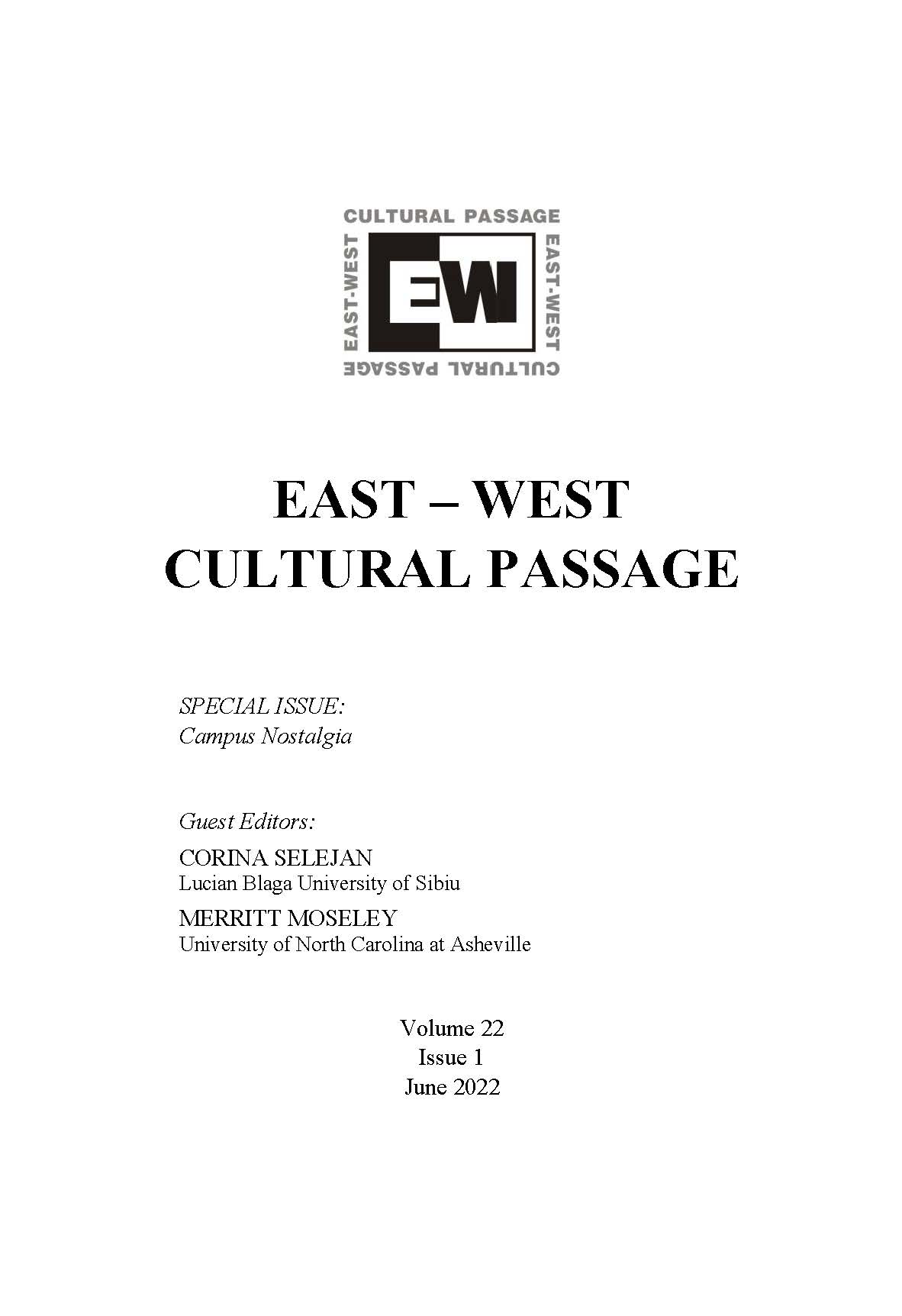The Aetiology and the Pyschogenesis of Tyrannical Behaviour in "Macbeth"
The Aetiology and the Pyschogenesis of Tyrannical Behaviour in "Macbeth"
Author(s): Emilian TîrbanSubject(s): Personality Psychology, Behaviorism, Studies in violence and power, British Literature
Published by: Editura Universitatii LUCIAN BLAGA din Sibiu
Keywords: psychogenesis; aetiology; psychosis; neurosis; shadow; persona; regicide; tyrannical behaviour; retroactivity; collective unconscious; personal psyche;
Summary/Abstract: This article explores the aetiology and the psychogenesis of Macbeth’s tyrannical ambitions and the growth of his psychic degradation. Macbeth deigns to be an incorrigible regicide, but his ambition is ultimately overpowered by his conscience. This aporetic conflict is ultimately fatal to his morality and sense of Self. Character analysis informed by psychoanalytic criticism will investigate the protagonist's tormented psyche in its struggle between the ego-syntonic (Persona) and the ego-dystonic (Shadow) leading to neurosis that culminates in psychosis as Macbeth’s identity fractures throughout the play. The ontological issue of the Witches is explored in an attempt to explain the role the metamorphic environment plays in Macbeth’s psychic atrophy. For this reason, the Witches present us with the conundrum of their being both phenomenal and noumenal. Macbeth’s difficulty to distinguish between the real and the phantasmagoric results in a psychotic breakdown. Accordingly, he becomes a mad tyrant seeking to protect his unlawful reign
Journal: East-West Cultural Passage
- Issue Year: 22/2022
- Issue No: 2
- Page Range: 107-124
- Page Count: 18
- Language: English
- Content File-PDF

